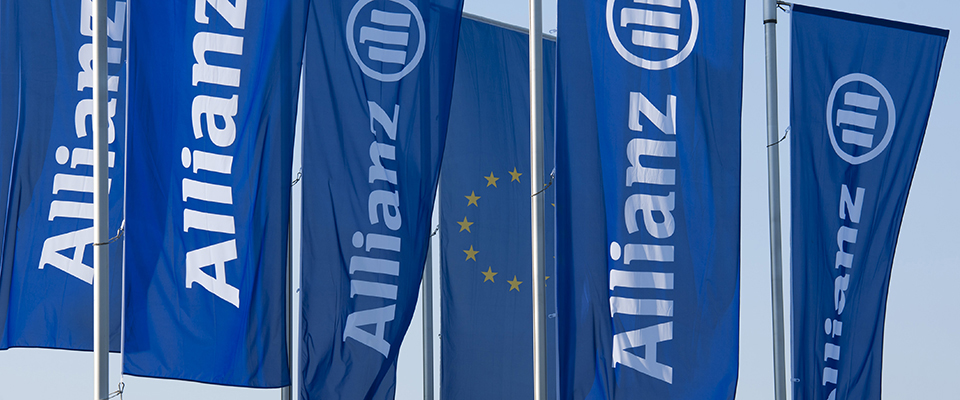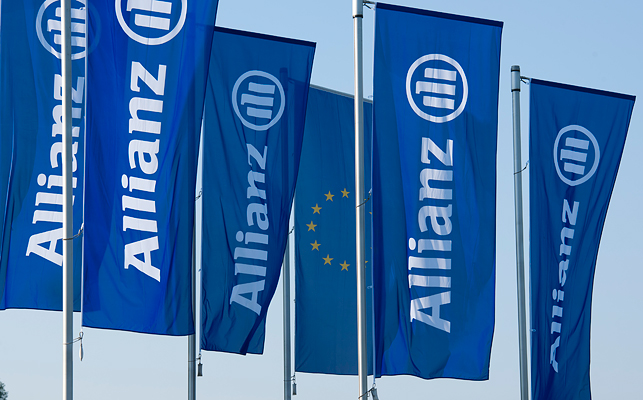Net-Zero transition plan – leading the way and driving the change
Allianz is leading the way in the financial services industry with its first net-zero transition plan that lays out the details for its 2030 intermediate targets to decarbonize own operations, proprietary investment, and P&C underwriting. Setting intermediate targets, implementing the necessary changes in its global business and reporting on the work is what drives the change.
Highlights include:
- Targeted 45% reduction in emission intensity across multiple lines of Allianz's corporate insurance business, which consists of large corporate customers that already report their greenhouse gas emissions.
- For the retail car insurance portfolio, Allianz is targeting a 30% reduction in carbon emissions by 2030 in nine key European markets (Austria, Belgium, France, Germany, Italy, Netherlands, Spain, Switzerland, UK). The base year for these decarbonisation targets is 2022.
- Allianz has already surpassed the 2025 intermediate target for its proprietary investment portfolio. The new target is now to halve emissions by 2030 compared to 2019, with a special focus on actively driving emissions reductions in the energy, steel and automotive sectors.
- Scaling renewable energy and low-carbon technology: Allianz to profitably grow revenues from transition solutions in commercial insurance portfolio by 150% and provide additional investments of 20 billion euros by 2030
This plan defines how Allianz is going to contribute to the economic transformation towards a net-zero economy. It was first published in September 2023 and implements a further recommendation of the United Nations’ High-Level Expert Group on the net zero commitments of non-state entities.
Related Links
About Allianz
The Allianz Group is one of the world's leading insurers and asset managers with around 125 million* private and corporate customers in nearly 70 countries. Allianz customers benefit from a broad range of personal and corporate insurance services, ranging from property, life and health insurance to assistance services to credit insurance and global business insurance. Allianz is one of the world’s largest investors, managing around 737 billion euros** on behalf of its insurance customers. Furthermore, our asset managers PIMCO and Allianz Global Investors manage about 1.7 trillion euros** of third-party assets. Thanks to our systematic integration of ecological and social criteria in our business processes and investment decisions, we are among the leaders in the insurance industry in the Dow Jones Sustainability Index. In 2023, over 157,000 employees achieved total business volume of 161.7 billion euros and an operating profit of 14.7 billion euros for the group.
* Including non-consolidated entities with Allianz customers.
** As of December 31, 2023.
** As of December 31, 2023.
Cautionary note regarding forward-looking statements
As with all content published on this site, these statements are subject to our cautionary note regarding forward-looking statements:



